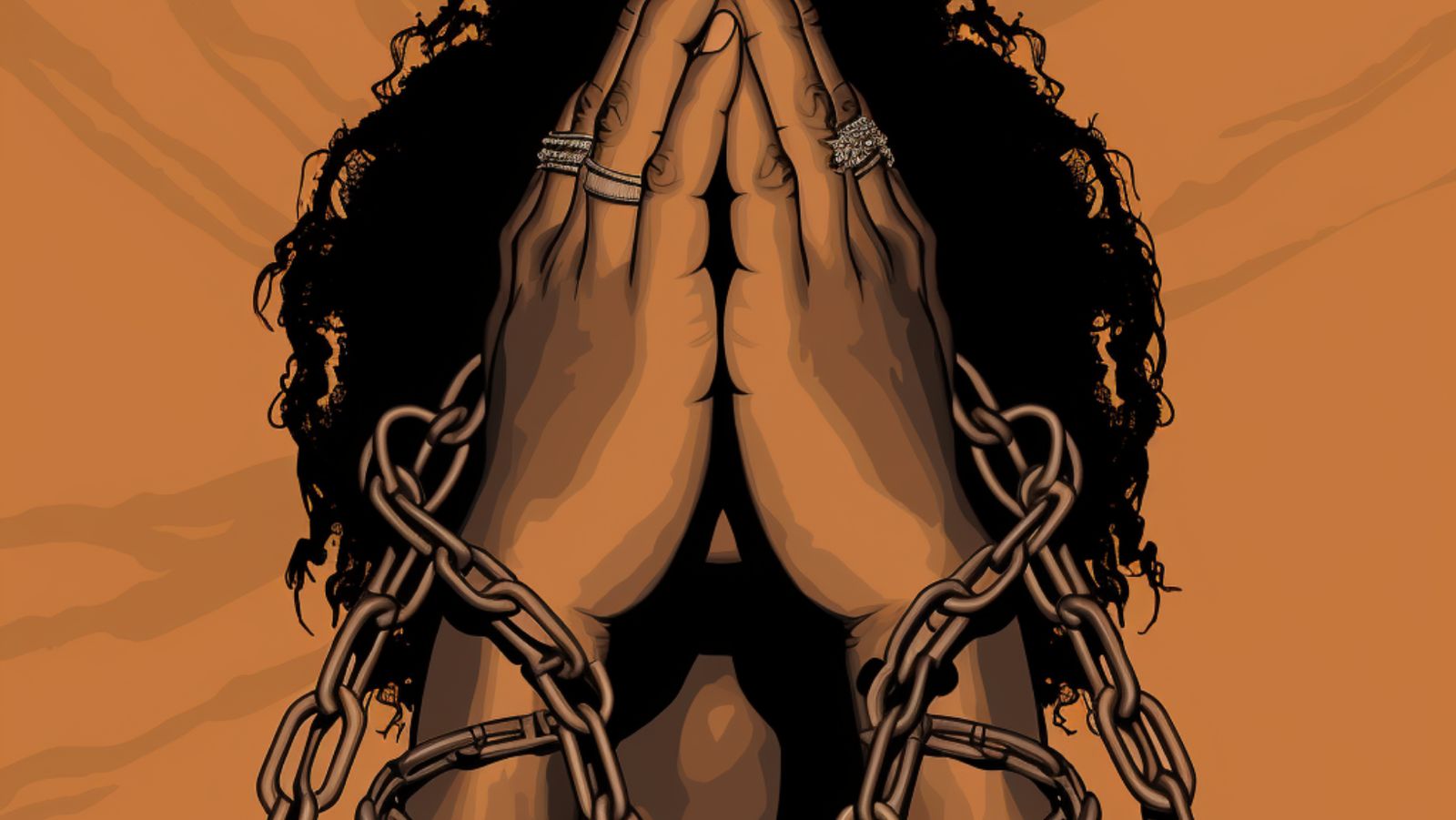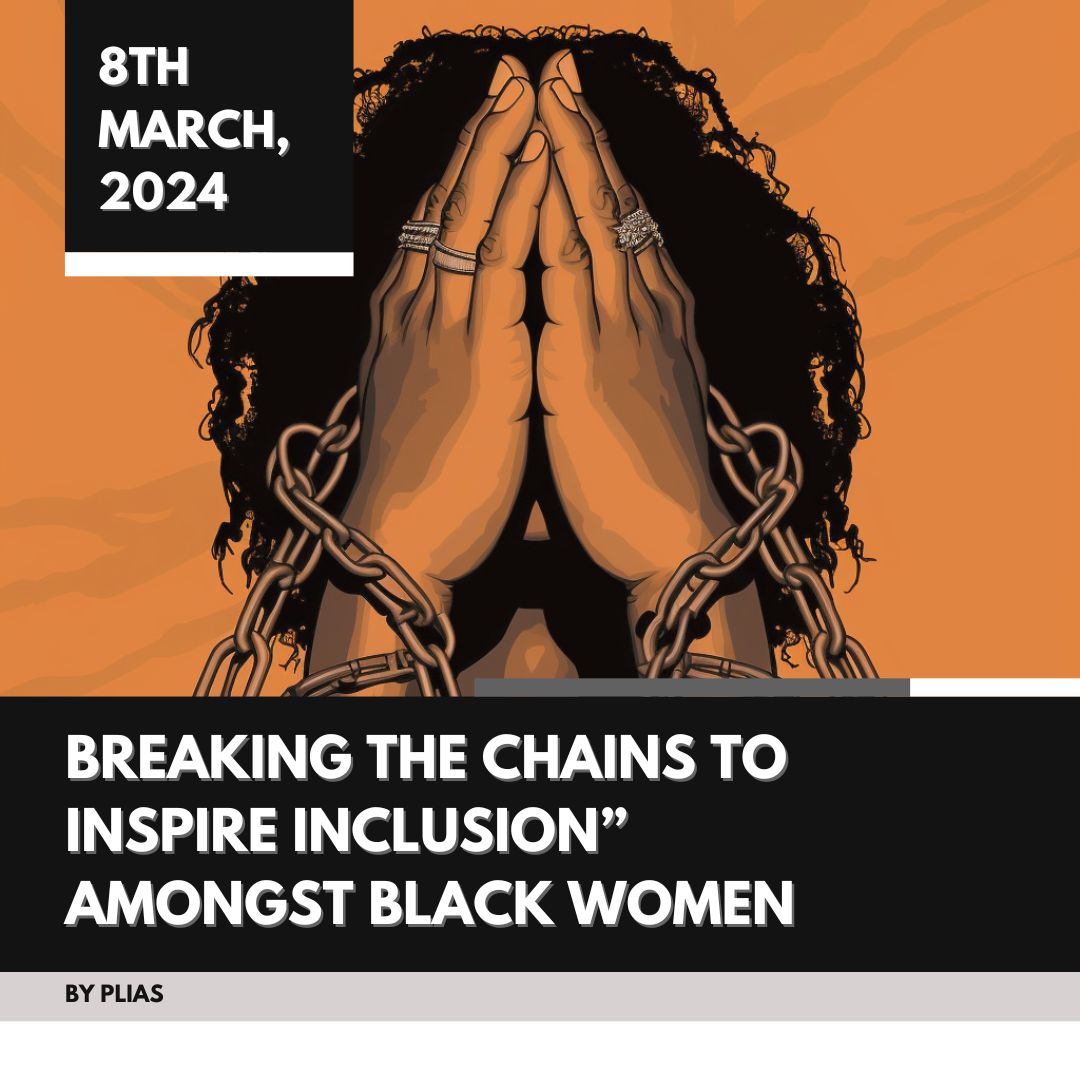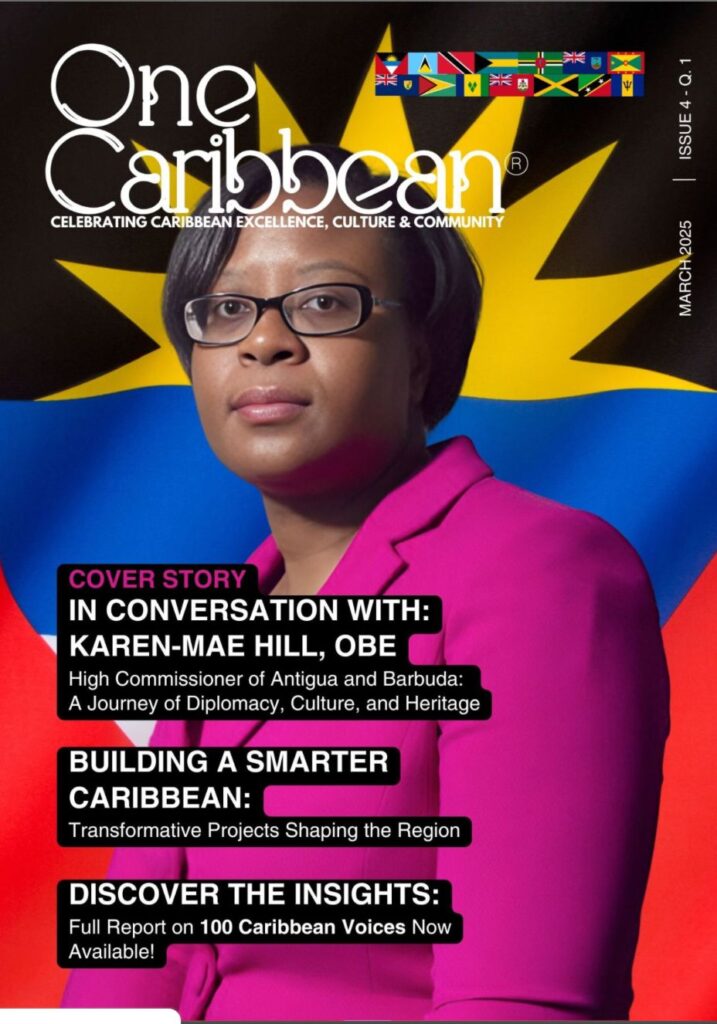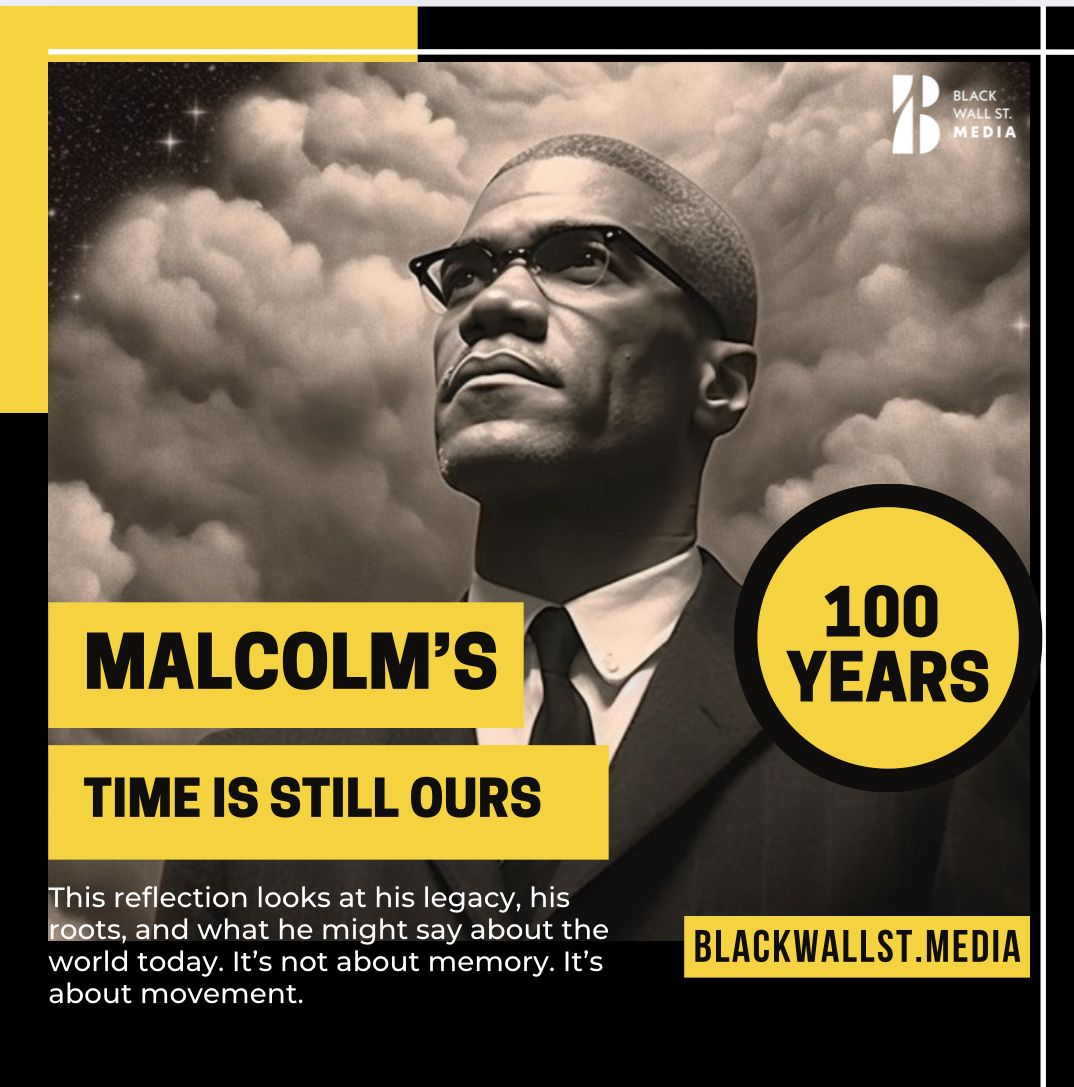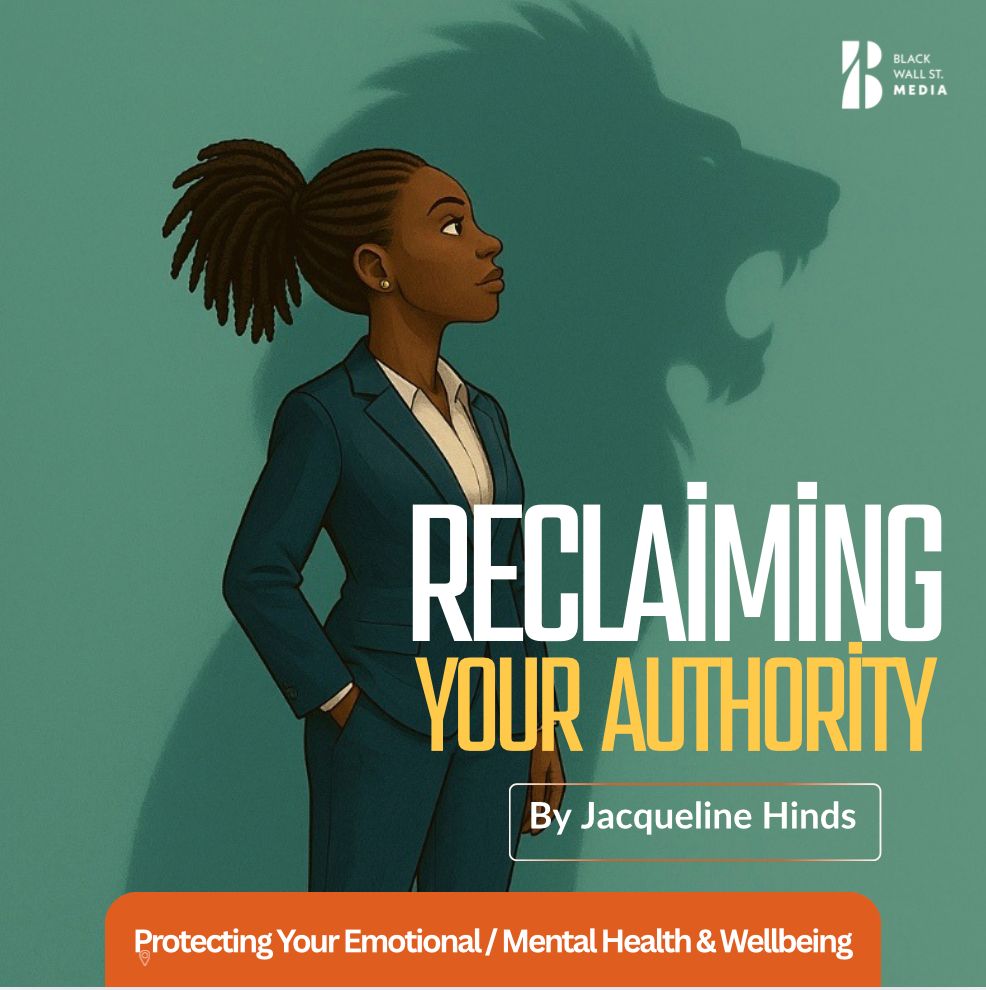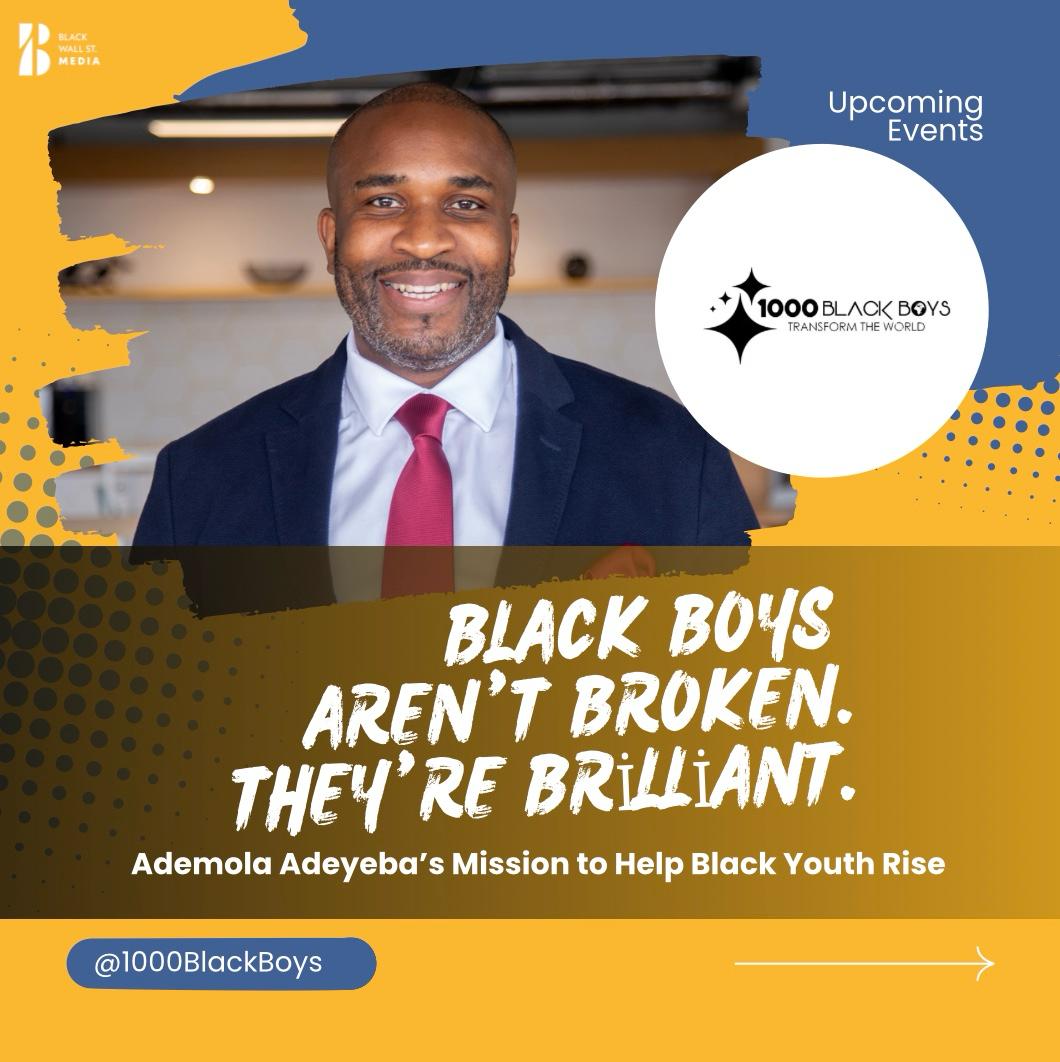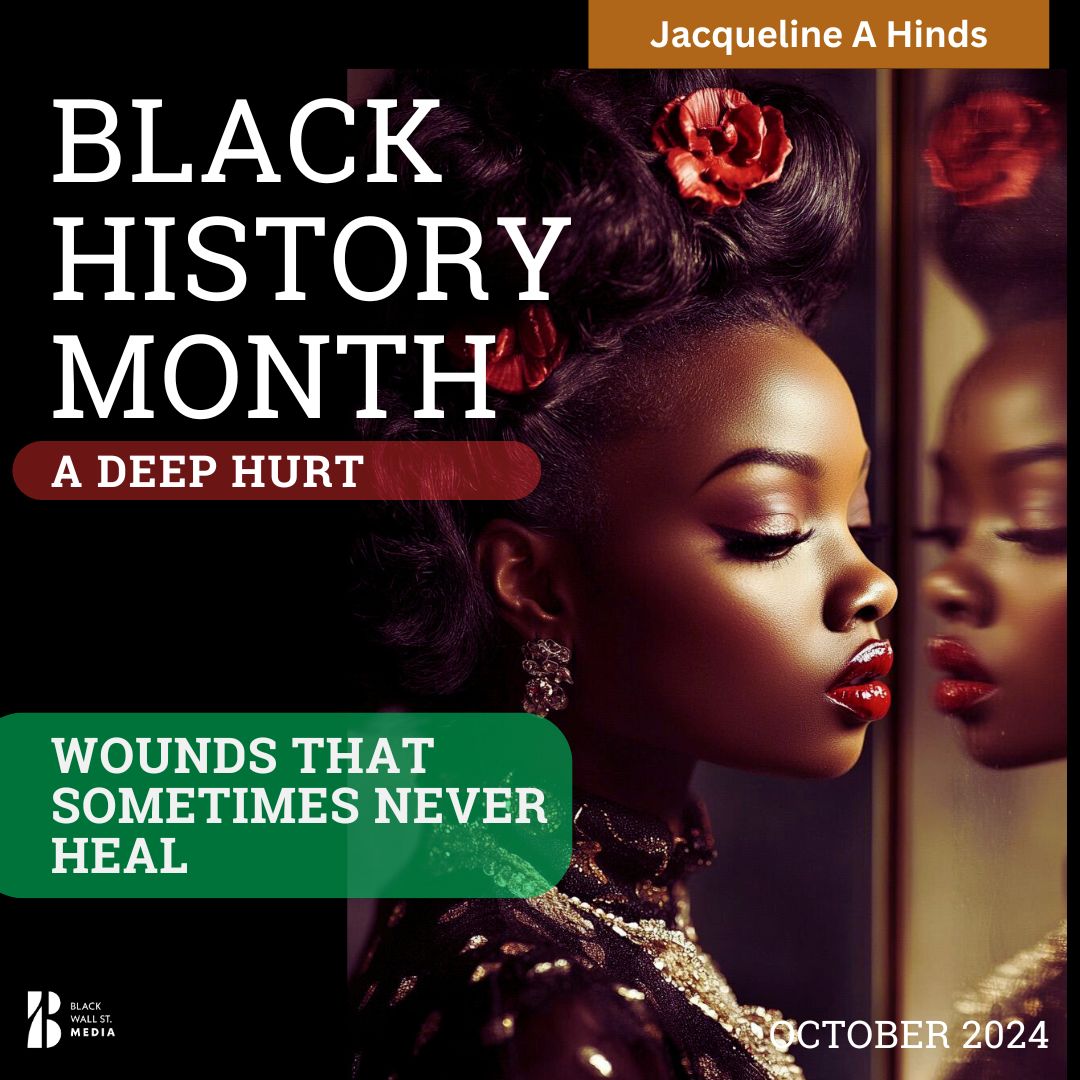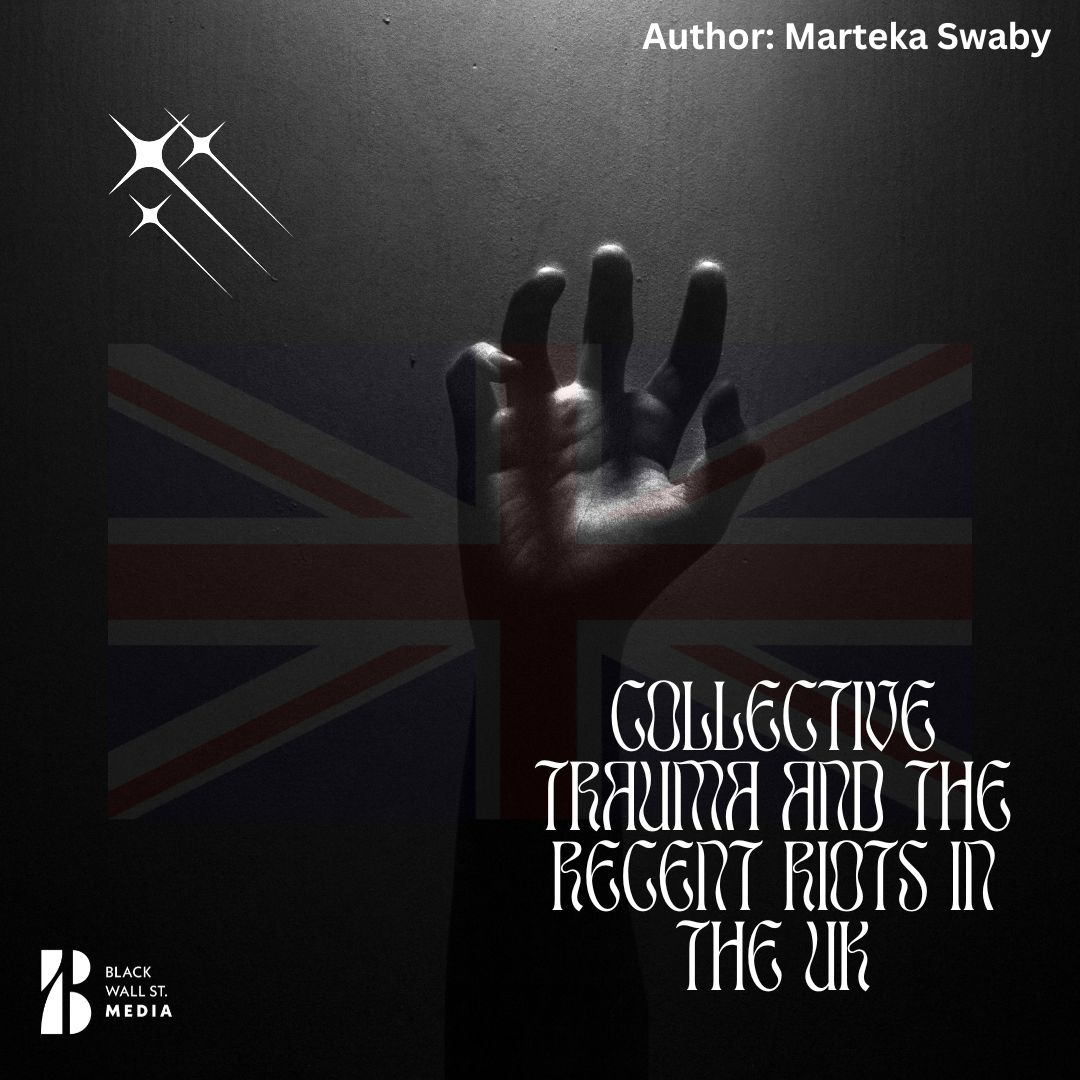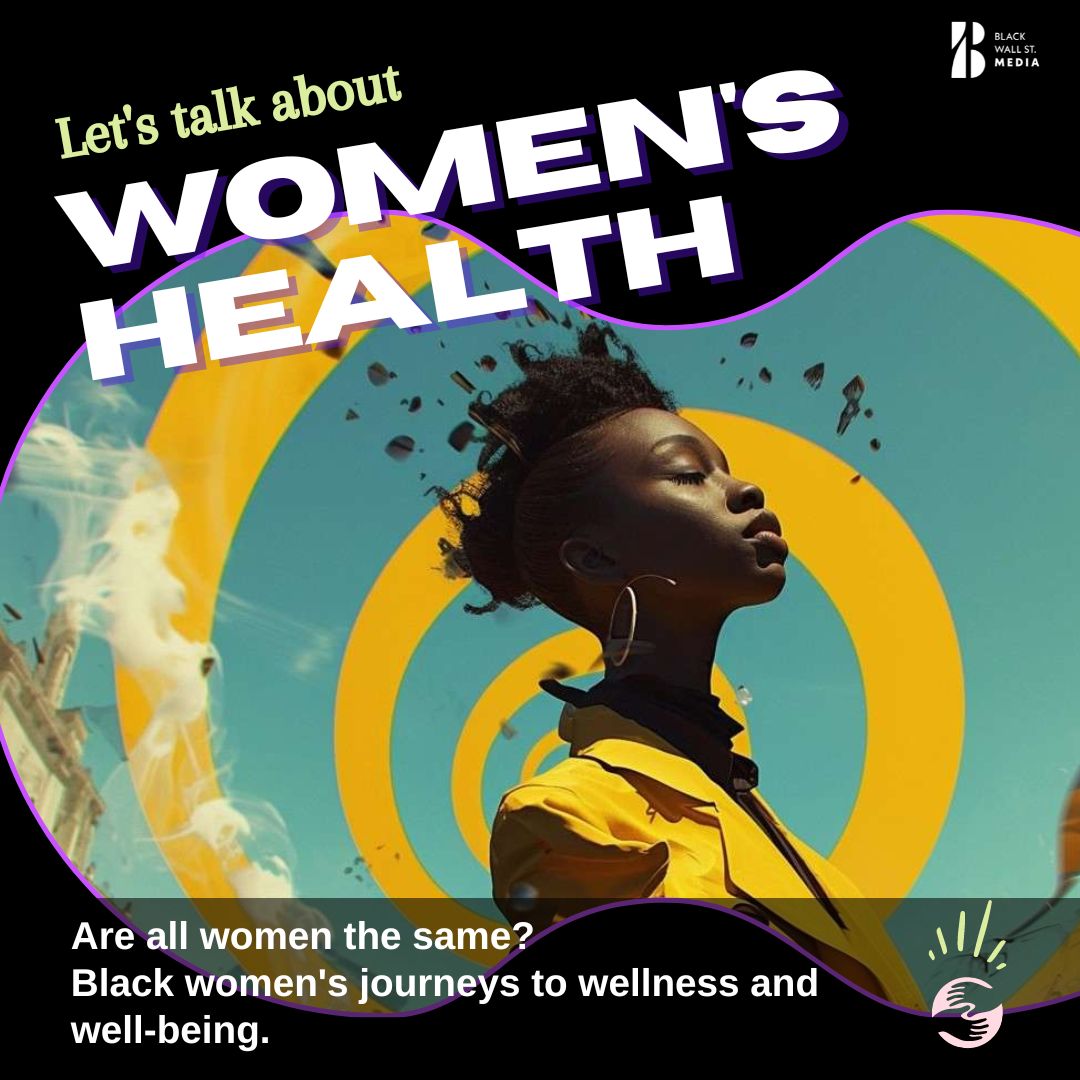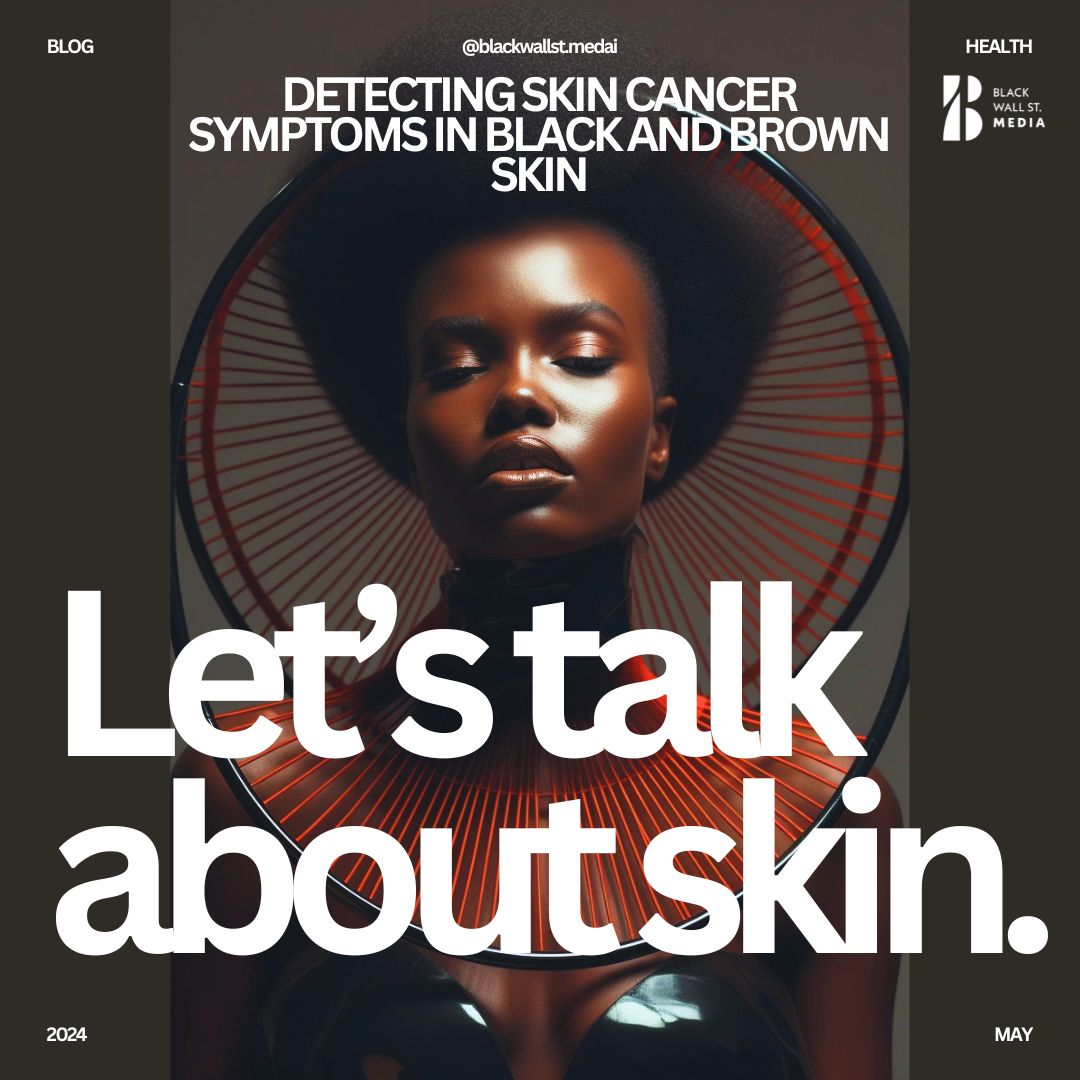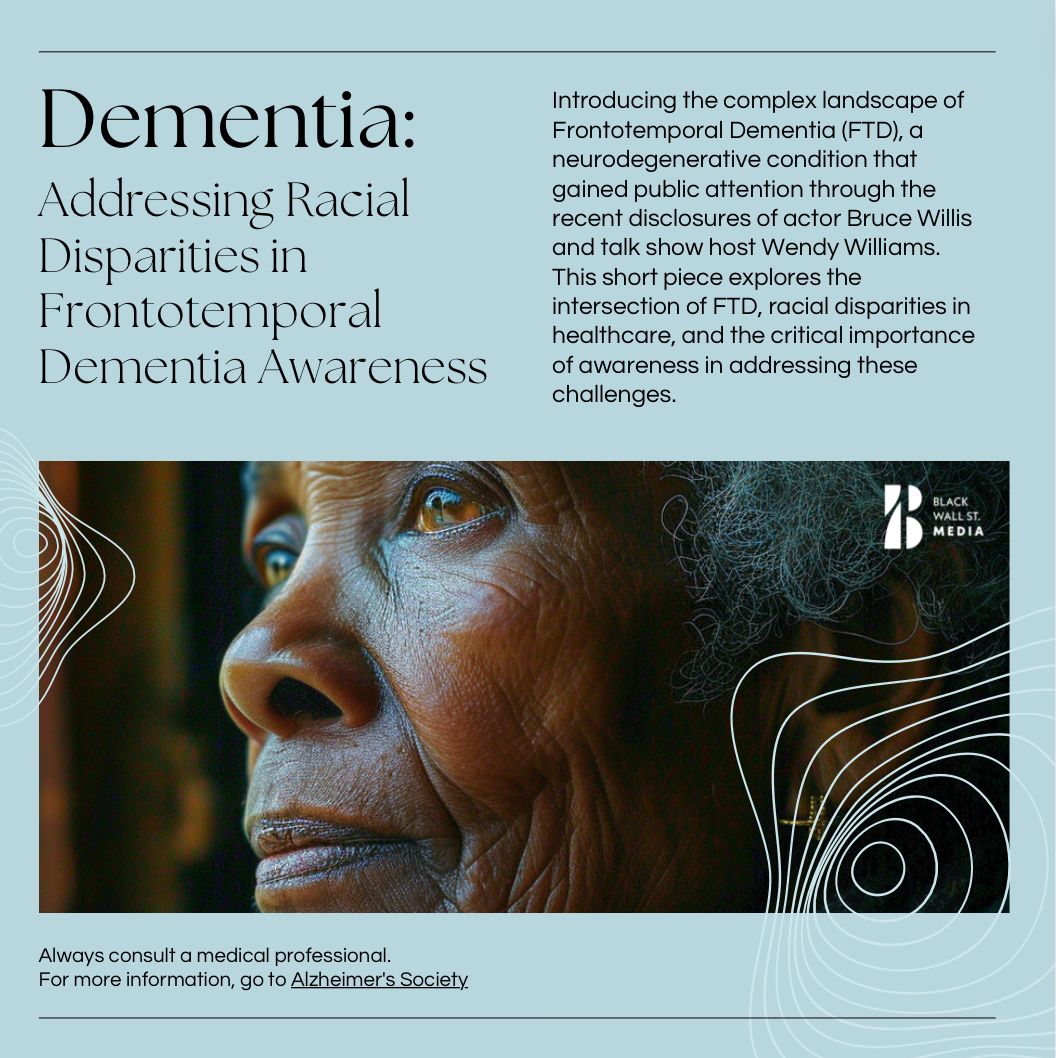INTERNATIONAL WOMENS DAY
Unveiling the Darkness: The Impact of Domestic Violence
“Honouring Denise Keane-Simmons: Her story sheds light on the urgent need to address domestic violence, particularly among Black women. Let's break the silence, end the stigma, and advocate for justice.”
PLIAS
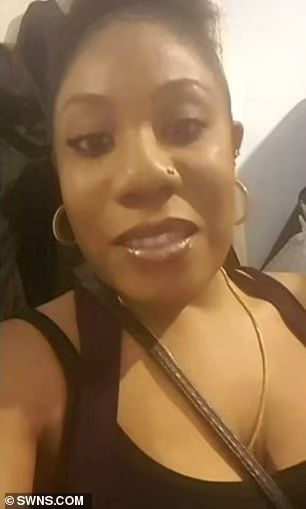
Denise Keane-Simmons, a vibrant soul
In the memory of Denise Keane-Simmons, a vibrant soul whose light was tragically dimmed by the darkness of domestic violence, we vow to keep her spirit alive.
Her life, marked by resilience and courage, was unfairly cut short by the heinous actions of her husband, Damion Simmons.
The harrowing details of her ordeal, from enduring relentless harassment to the ultimate act of arson that claimed her life, paint a stark picture of the horrors of domestic abuse.
Despite her efforts to break free from the chains of her tormentor, Denise’s voice was silenced, and her story silenced for over three years in the shadow of a Domestic Homicide Review.
But today, we refuse to let her name fade into oblivion. We stand united in remembrance, honouring her memory and the countless other victims of domestic violence.
Together, we pledge to speak out against the insidious forces that seek to silence and oppress, and to strive for a world where no one suffers the same fate as Denise Keane-Simmons.
In the aftermath of Denise Keane-Simmons’ tragic death, it is imperative that we reflect not only on her individual story but also on the broader systemic issues that perpetuate domestic violence and abuse, particularly within the Black community.
Denise’s case serves as a stark reminder of the unique challenges faced by Black women who are victims of domestic violence, and the urgent need for comprehensive solutions to address these issues.
Denise’s experience of enduring relentless harassment and threats from her husband, Damion Simmons, highlights the intersectional nature of domestic violence, where factors such as race, gender, and socioeconomic status intersect to exacerbate vulnerability.
Research consistently shows that Black women are disproportionately affected by domestic violence and are less likely to seek help or access support services due to various barriers, including mistrust of authorities, fear of stigma, and systemic racism within institutions.
Furthermore, the prolonged silence surrounding Denise’s case in the context of the Domestic Homicide Review underscores the systemic failures in recognising and addressing the specific needs of Black women who experience domestic violence.
The invisibility of Black women’s experiences in mainstream discourse on domestic violence perpetuates a cycle of erasure and marginalisation, further compounding their suffering and hindering efforts to provide adequate support and intervention.
As we honour Denise’s memory and advocate for justice in her case, we must also commit ourselves to amplifying the voices of Black women survivors and addressing the structural inequalities that contribute to their victimisation.
This includes challenging stereotypes and misconceptions about domestic violence within the Black community, promoting culturally competent and trauma-informed support services, and advocating for policies that prioritize the safety and well-being of Black women.
Moreover, it is essential to recognise the interconnectedness of domestic violence with other forms of oppression, such as racism, sexism, and economic injustice. Addressing domestic violence requires a multifaceted approach that addresses the root causes of inequality and promotes social and economic empowerment for marginalised communities.
In conclusion, Denise Keane-Simmons’ story serves as a poignant reminder of the ongoing struggle for justice and equality in the face of domestic violence.
As we mourn her loss and honour her memory, let us recommit ourselves to the fight against domestic violence and the pursuit of a society where all individuals, regardless of race or gender, can live free from fear and violence.
PLIAS PHOENIX DOMESTIC ABUSE WORKING GROUP MARCH 2024
“”
PLIASContributor

